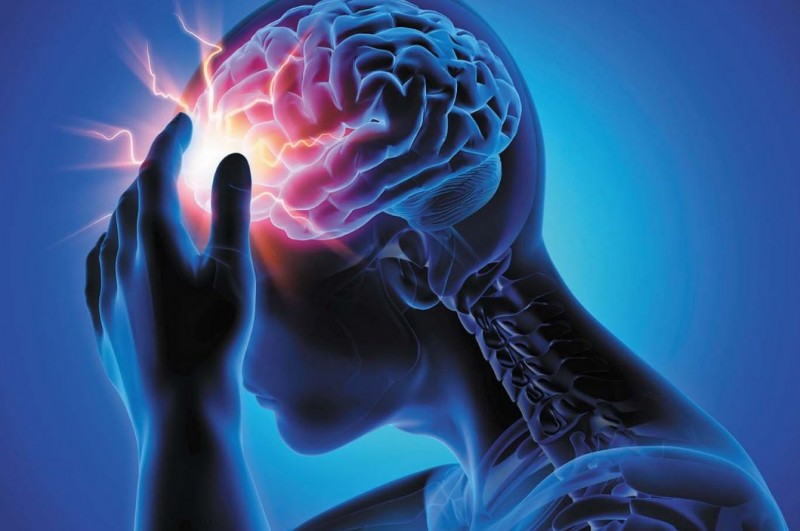
Frequent headaches, though common, can indicate underlying health issues that shouldn't be overlooked. Understanding the potential causes and addressing them early can significantly improve your quality of life. Here are nine reasons why you should take frequent headaches seriously:
Stress and Anxiety: Excessive stress and anxiety are leading contributors to headaches. When we are stressed, our bodies release hormones that can cause muscle tension and affect blood flow to the brain, triggering headaches. Chronic stress can also disrupt sleep patterns, exacerbating the problem.
Sleep Disturbances: Poor sleep quality or insufficient sleep can lead to headaches. Sleep is crucial for overall health and allows the brain to rest and recover. People who suffer from insomnia or sleep disorders often report more frequent headaches.
Dehydration: Not drinking enough water can lead to dehydration, which is a common cause of headaches. Dehydration reduces the brain's ability to maintain proper function and can cause blood volume to drop, triggering pain receptors in the head.
Eye Strain: In today's digital age, many people spend extended periods looking at screens, which can strain the eyes and lead to headaches. This strain occurs because the eyes have to work harder to focus and adjust to digital screens, leading to discomfort and pain.
Sinus Issues: Recurrent headaches can be a symptom of chronic sinusitis or sinus infections. Sinus headaches often occur when the sinus passages become inflamed or blocked, leading to pressure and pain around the eyes, cheeks, and forehead.
Hormonal Changes: Fluctuations in hormone levels, particularly in women during menstruation, pregnancy, or menopause, can trigger headaches. Hormonal headaches are often linked to changes in estrogen levels and can be debilitating for some individuals.
Caffeine Withdrawal: Regular caffeine consumption can lead to dependency, and missing your regular dose can trigger withdrawal symptoms, including headaches. Caffeine withdrawal headaches are usually mild to moderate in intensity and can be relieved by consuming caffeine or gradually reducing intake.
Medication Overuse: Overusing pain relief medications, such as over-the-counter painkillers or prescription drugs, can lead to rebound headaches. Rebound headaches occur when medications are used excessively and then wear off, causing a recurrence of headache symptoms.
Underlying Health Conditions: Frequent headaches can sometimes be a symptom of more serious underlying health conditions, such as migraines, high blood pressure, or even brain tumors. It is crucial to rule out these conditions through proper medical evaluation.
While occasional headaches may not be cause for concern, frequent or persistent headaches should prompt you to investigate further. Keeping track of your headache patterns, triggers, and associated symptoms can help healthcare providers make an accurate diagnosis and recommend appropriate treatment. Ignoring frequent headaches can lead to worsened symptoms and decreased quality of life, so it's essential to take them seriously and seek medical advice if needed. By addressing the root causes early on, you can effectively manage and potentially alleviate frequent headaches, improving your overall well-being.
Get Outside, Get Stronger Bones! What To Do?
Know the Wonders of Beetroot Juice One Can Try in the Summer Season